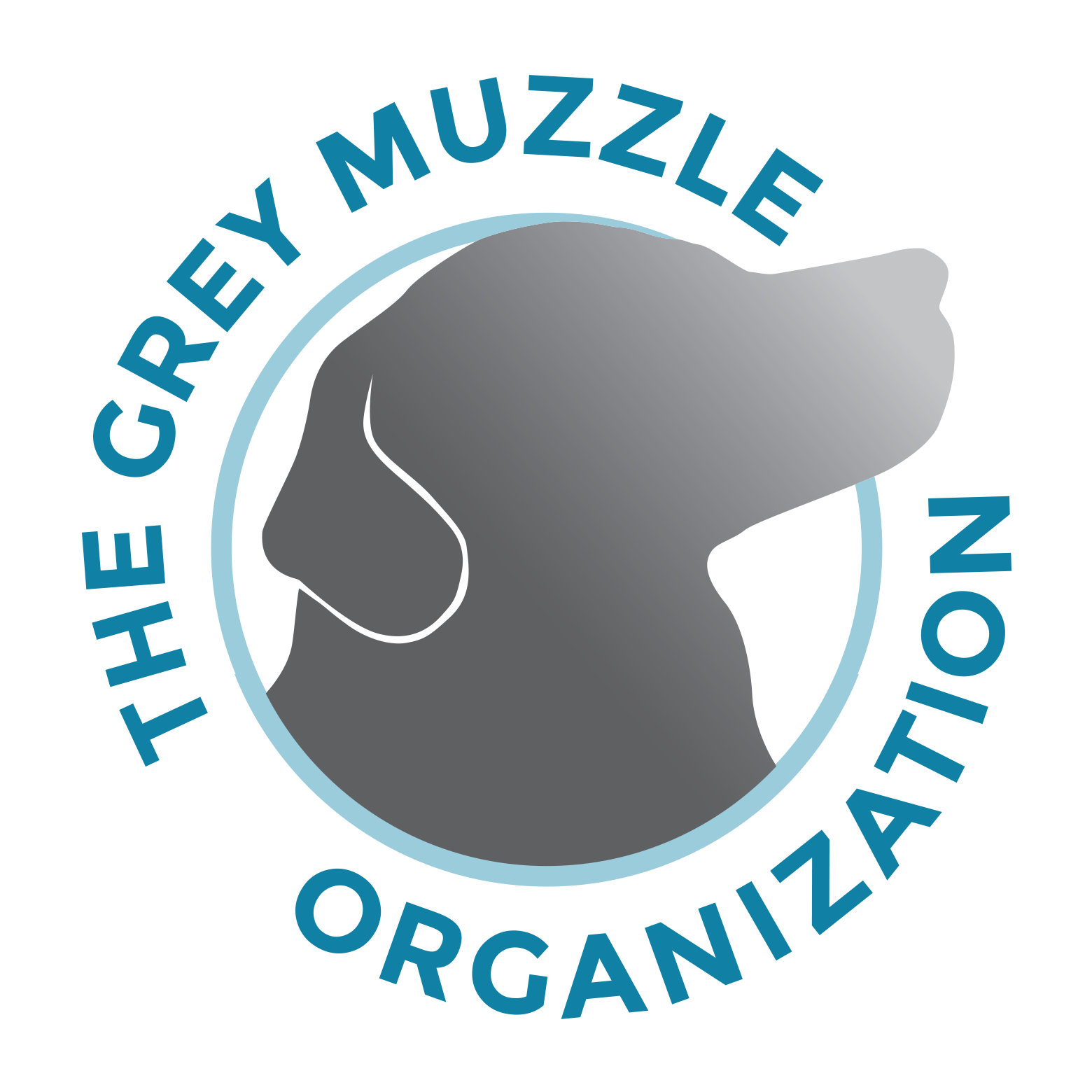Helping Organizations Pay It Forward by Dr. Lisa Lunghofer
Dr. Lisa Lunghofer, Ph.D.—a member of Grey Muzzle's Advisory Board—is Executive Director of Making Good Work, LLC. Making Good Work provides grant writing, strategic planning, program development, training, technical assistance, and evaluation services to mission-driven organizations. Their areas of expertise include the human-animal bond, animal welfare, at-risk youth, juvenile justice, child welfare, violence prevention, and education.
At Making Good Work we recognize that both individuals and organizations have unique strengths—areas of expertise that could be extremely valuable to others. We also recognize that changing the world often doesn’t pay well, at least not financially.
That’s why we are pleased to offer Pay It Forward.
The concept is pretty simple.
Every quarter we will select an organization for which we will provide pro bono services. In order to be considered, organizations will submit applications providing an overview of the project with which they need our help. Examples include, but are not limited to, writing a grant proposal, developing an outreach strategy, conducting a customer satisfaction survey, designing a program, and strategic planning.
So what’s the catch, you ask?
All we ask in return is that you pay it forward, agreeing to provide a specific service at no cost to another organization in need. At the time of the application, we don’t require that you have a pay-it-forward organization identified – we can help with that – but we do require that you describe what service you will be prepared to offer. Organizations that receive your services will be encouraged to pay your good work forward, too.
All participating organizations will be featured on our website.
Eligibility requirements: Organizations must be nonprofits working to advance the greater good.
Selection criteria: Preference will be given to applications that:
- Show that the project is a logical next step to support the growth and development of your organization
- Clearly demonstrate how the project will contribute to your mission
- Include specific and measurable results
- Describe the service your organization is committed to pay forward
Our Pay It Forward Projects:
Angel’s Hope, Sumter, SC
Friends of Nature, Arusha, Tanzania
World Animal Net, Boston, MA
My first Pay it Forward organization was World Animal Net (WAN), and our focus was grant writing. Part of the reason I chose WAN was that their mission is really consistent with that of Pay it Forward. They aim to “avoid duplication and competition, promote innovative programs, and stimulate cooperation and coalition building.” In short, they believe that cooperation is a more powerful force for good than competition. They are working to help animals around the world by sharing knowledge and expertise, and building communication networks and partnerships.
One of the things that came up early in my work with WAN is the importance of not thinking about grants in a vacuum. A successful grant proposal needs to fit logically in the context of the bigger-picture plans for your organization. Who wants to pay for a project that will come to a grinding halt once the money runs out? This question spurred internal discussions at WAN that resulted in updates to their strategic plan and a more informed decision-making process about projects for which to pursue grant funding. As a result of our conversations, the WAN staff asked me to provide a cheat sheet of questions that they could refer to as they thought about whether or not to apply for grants in the future. In the spirit of Pay it Forward, I thought it might also be helpful to others.
No matter the level of experience, the first thing I tell everyone who asks how to write a successful grant proposal is: You need to convince the funder why they should care. Once you’ve done that, you need to persuade them that your organization can deliver what you promise.
So before you start writing your next grant proposal, make sure you can answer these questions:
3. What will be different as a result?
4. How will you measure or document your results?
5. How does what you are proposing fit into your organization’s strategic plan?
6. Why is it important in the context of that plan?
7. What is your overall funding strategy?
8. How do grants in general and this grant in particular fit into that funding strategy?
9. How will the work accomplished under the auspices of the grant be sustained when the grant period ends?
10. Why should funders care about this issue?
11. How do the issue and your approach to addressing it match the funders’ priorities or areas of focus?
You can learn more about Dr. Lisa Lunghofer, and all of Grey Muzzle's wonderful Advisory Board members on our Who We Are page. The Grey Muzzle Organization improves the lives of at-risk senior dogs by providing funding and resources to animal shelters, rescue organizations, sanctuaries, and other nonprofit groups nationwide.



